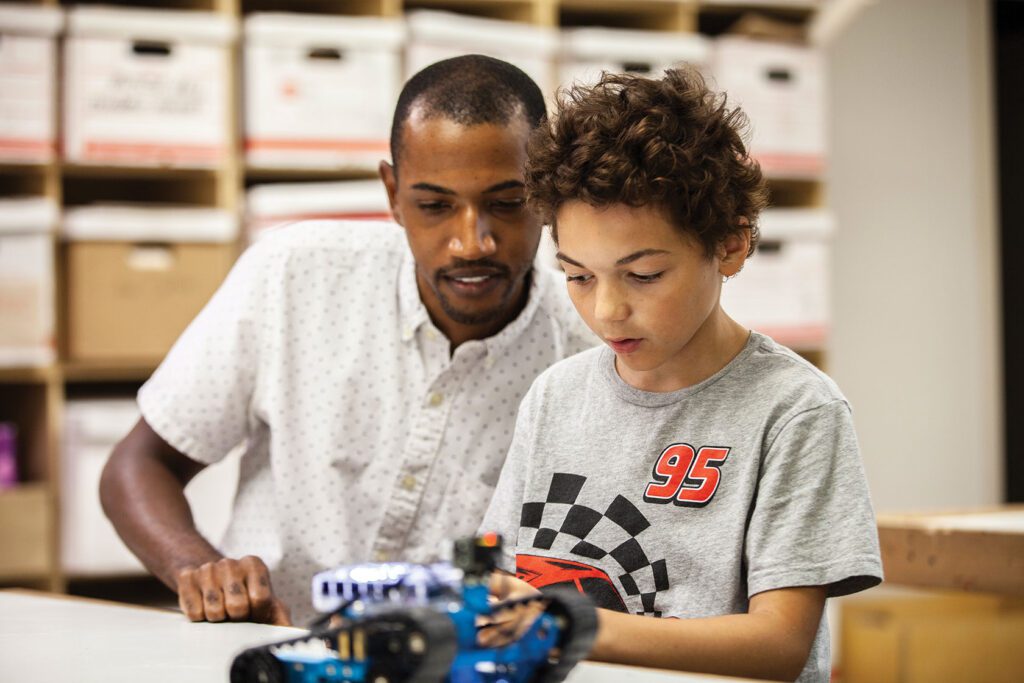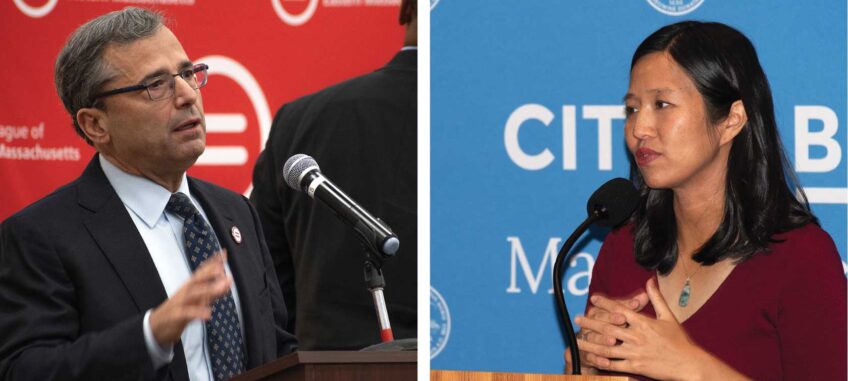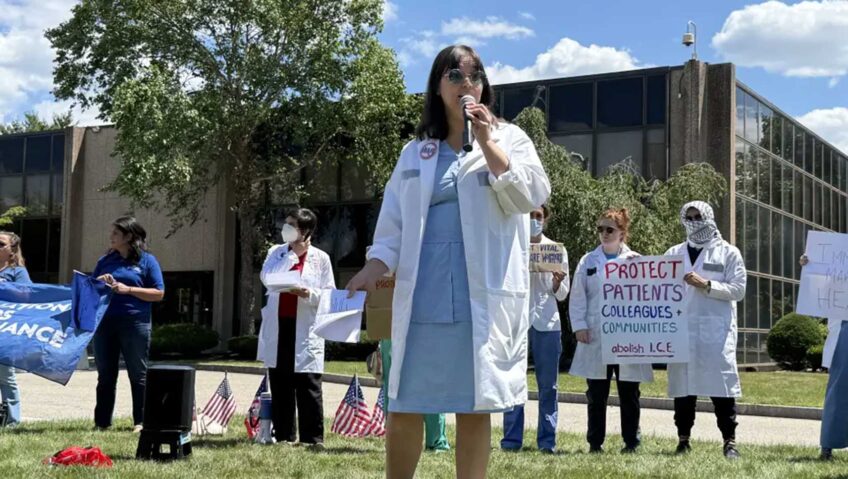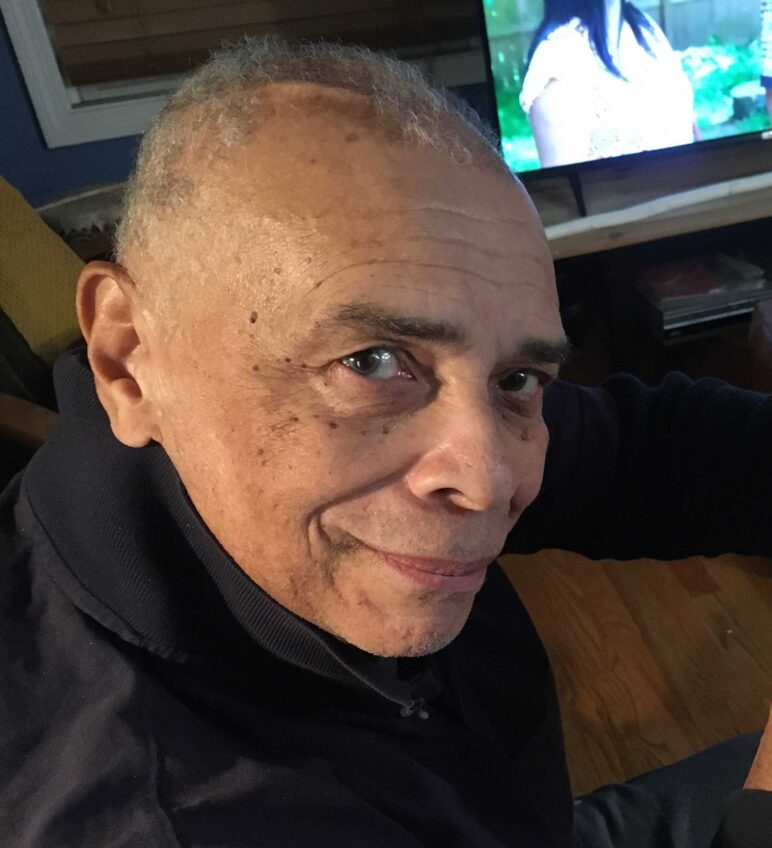Big Brothers Big Sisters celebrates 75 years
Program is evolving, expanding in Eastern Mass.

When Big Brothers Big Sisters of Eastern Massachusetts first launched in January 1949, the nonprofit’s operations were small-scale. A group of volunteers established the organization, then called the Big Brother Association of Boston, with a simple mission to help 10 fatherless boys by pairing them with adult mentors.
Seventy-five years later, the nonprofit has survived recessions, near bankruptcy, and most recently, a pandemic. It has evolved and expanded, now serving thousands of boys and girls annually from various backgrounds, most of whom are people of color.
Mark O’Donnell, president and CEO of the organization, said the nonprofit had plenty of help from volunteers and the larger community.
“We’ve weathered all those storms with the help of our community. And [we are now able] to step back and remind everyone [of] the impact that we have,” O’Donnell said. “There’s a reason that we’re still here. … There’s a reason why we’re bigger than ever after 75 years.”
The local nonprofit is an independent affiliate of Big Brothers Big Sisters of America. It partners with “under-resourced families” to offer “transformational, one-to-one professionally supported relationships with caring adult mentors,” according to its website.
It does this by connecting children and youth ages 7-12, referred to as “Littles,” with adult volunteers, “Bigs,” and then supporting those matches for their duration. The organization has served more than 25,000 youth and now operates in 150 communities in the region, officials said.
Over the years, the Big Brothers organization continued to innovate. In the 1970s and 1980s, its name changed to Big Brother Association of Greater Boston; in 2006, it merged with other Massachusetts-based Big Brother Associations; and its target audience has widened to include Bigs and Littles of diverse races, genders, socioeconomic backgrounds, sexual orientations, physical abilities and more.
O’Donnell said the nonprofit, which has added six native Spanish speakers to its team, is looking to partner with families in hard-to-reach areas of Eastern Massachusetts or those whose first language is not English.
The framing of the nonprofit’s mission has also changed, away from a focus 75 years ago on assisting “troubled” boys by providing a male role model who would teach them “how to do it right.”
O’Donnell said, “Instead of looking at what trouble might be happening, [we ask], ‘What are the positives of this kid? What are the positives in this family, this community, and how can we take those strengths and those talents and help these kids to just navigate using them?’”
The organization’s qualitative outcomes are notable. While the local Big Brothers Big Sisters program has expanded over time, the real-life stories show that the bonds formed between the children and the volunteers have had lasting impacts.
In story after story, those real-life experiences are revealed: A Little taught his Big how to rollerblade; another pair bonded over sports and music; and another child blossomed from shy to inquisitive throughout her relationship with her adult volunteer.
“People need the basic form of caring relationships,” said O’Donnell.
The adults provide much-needed support to their Littles, but O’Donnell said the real “heroes” are the children’s guardians, “because they are the ones allowing us into their families.”
He said one of the organization’s long-term goals is to continue to meet families where they are.
“There is almost a parenting epidemic, where parents need supports, and the supports aren’t there in the community anymore,” he said, speaking of isolated areas within Eastern Massachusetts. “So, I really hope that [we] can just stay active and be able to continue to be a partner with families.”







